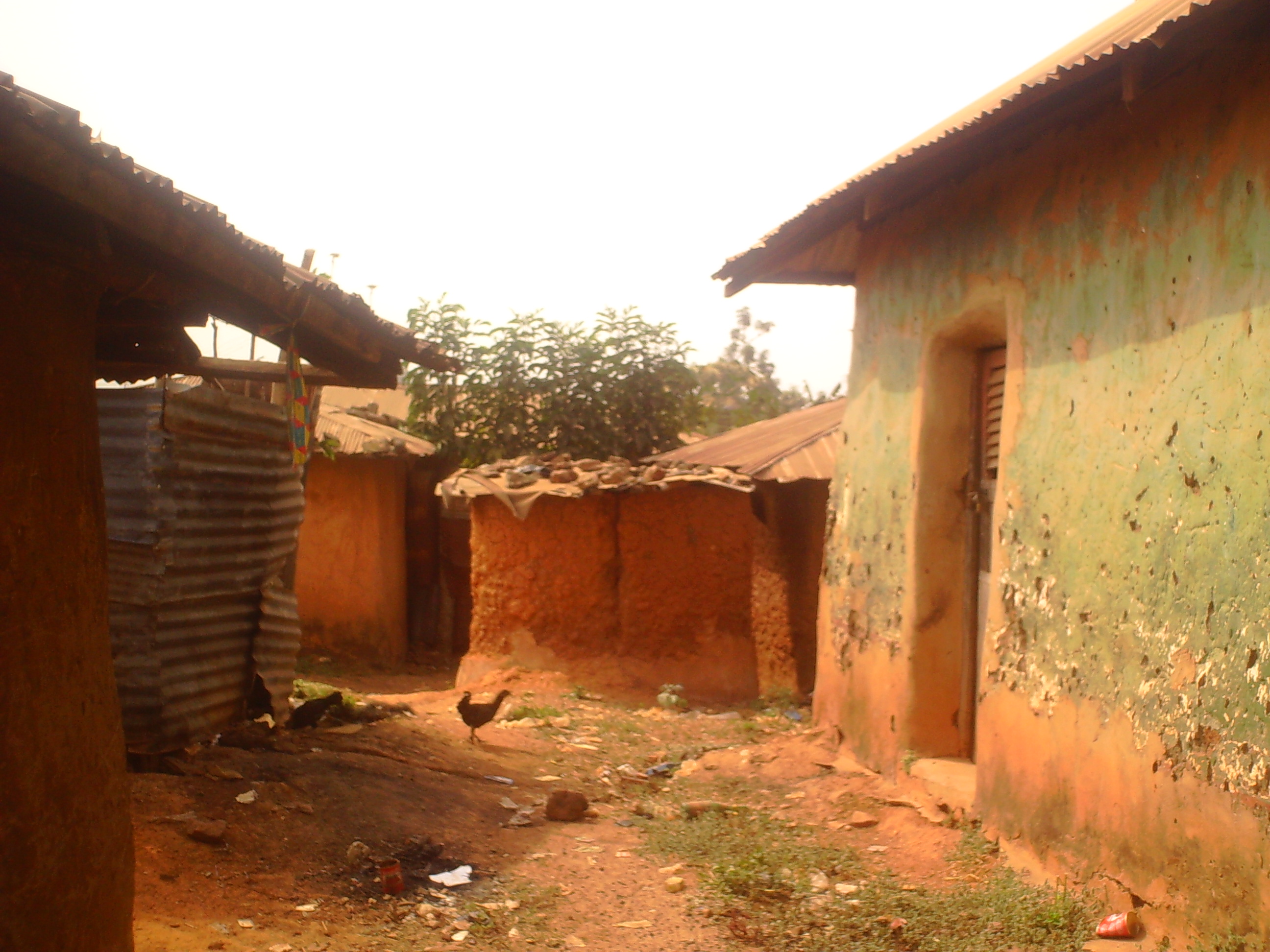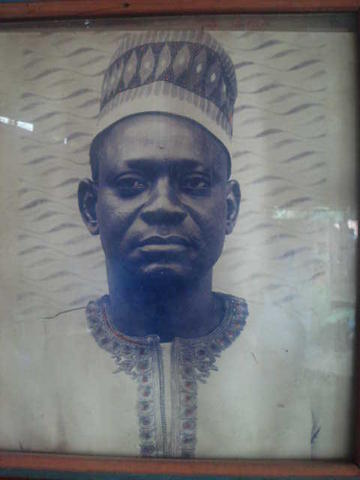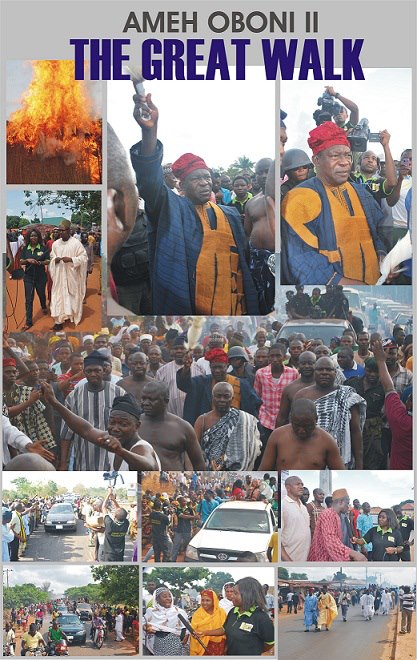
By John Aduku
The Igala Kingdom was founded between 8th and 9th century A.D. In the 16th century, Igala Kingdom extended far and wide to include parts of Igbo land, Idoma land and parts of Etsakor in the West.
The Igala as warriors, fought wars with the Jukun of Kwararafa in the present day Taraba State, and with the Benin of present Edo, during the reign of Oba Esigie I in 1515 and 1516, and won both wars. The kingdom is currently being fathered by the Attah Igala, Michael Idakwo Ameh Oboni II.
In the early 1960s, the Igala race was the 9th largest ethnic group in the country and is still the largest in Kogi State, with a population of over two million people.
Before the creation of states, Igalas were administered as part of Kabba Province, one of the thirteen provinces of the Northern region even after the independence in 1960. From the colonial era to independence in 1960, the Igala kingdom was very powerful and played a very prominent role in the administration of Sir Ahmadu Bello, the then Premier of the Northern region.
With the creation of states by the military in 1967, the Igala land became part of the new Kwara State and when the 19 state structure was created, Igala land was again merged with the then Benue State in 1976.
However, the tossing about of Igala nation, did not stop there, and so when additional states were created, the Igala land became part of Kogi State in 1991.
During the military regimes, the Igalas played prominent roles as the land quartered Nigerian military fighting the civil war and also held important appointments in the Shagari regime.
But with the coming of Igalas into Kogi State, their political fortunes took a down-ward trend, especially at the federal level, whereby the Igala were deliberately marginalized, while the few that were given political appointments like Dr. Stephen Achema and Barrister James Ocholi were snatched by the cold hands of death. Another Minister from Igala extraction that died during the Shagari era was Dr. Abubakar Usman, Minister of State for Foreign Affairs.
Chief Gabriel Aduku, who was falsely accused of wrong doing was cleared of corruption charges by the Court when he was Minister of Health during the Umaru Yar’Adua administration.
In the present political dispensation, the Igalas, with a population of about 60 percent of Kogi State, have nothing to hold politically. The only governorship position which the Igalas hanged on to, had slipped away, by the death of Abubakar Audu, who was leading in the inconclusive governorship election in November last year.
The greatest lamentation period of the Igalas was that from 1999 to 2015 when their sons were holding sway in Kogi State as Chief Executives, the area has nothing to talk about developmentally. No roads, no water, no electricity, no healthcare facilities etc. Only poverty is evident there.
This is happening in a land that has an untapped abundant resources like coal, limestone, marble, quartz, clay and granite. The oil field which the Anambra State Government is claiming is located in Igbaji in Igala land. Already, many souls have been lost on the side of Anambra and Kogi as the two states lay claim to the oil field.
Politically and educationally, the Igala kingdom boasts of qualified politicians and academics who can hold any political appointment in the country, that are not forthcoming, despite voting massively for APC in 2015 general elections. How long will the Igala Nation continue to suffer neglect?
John Aduku is a retired General Manager of Radio Nigeria.


